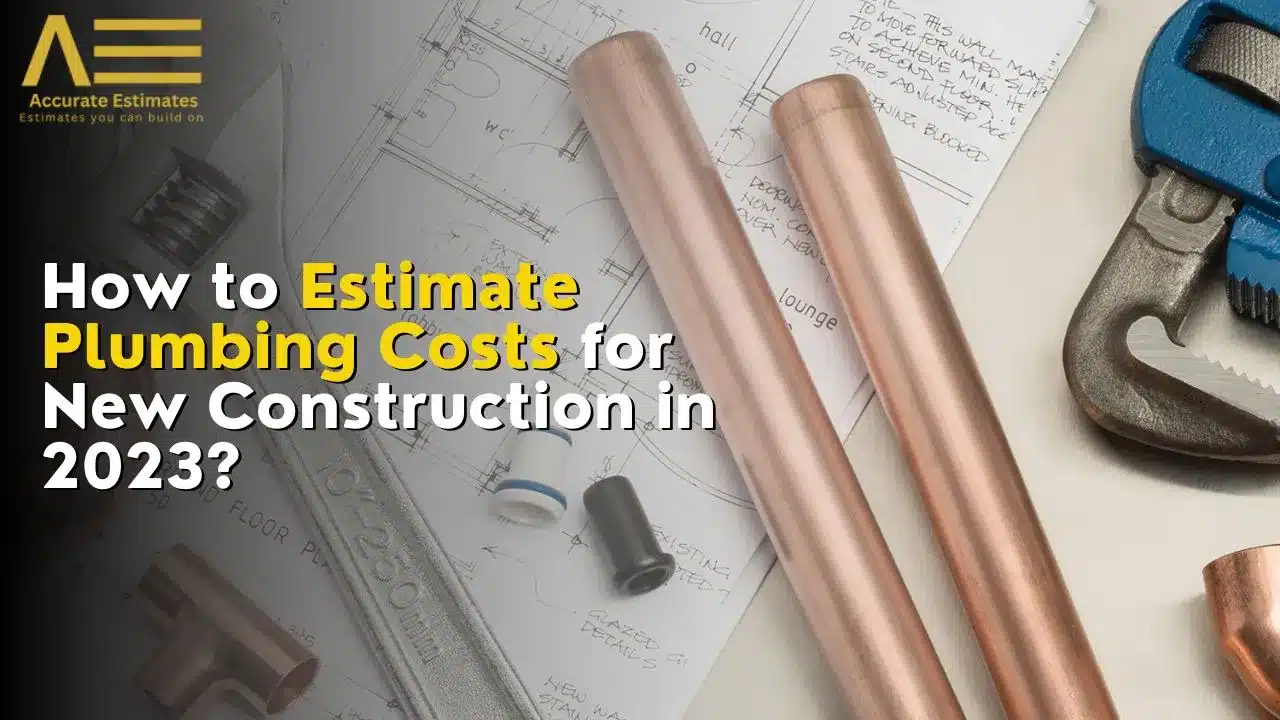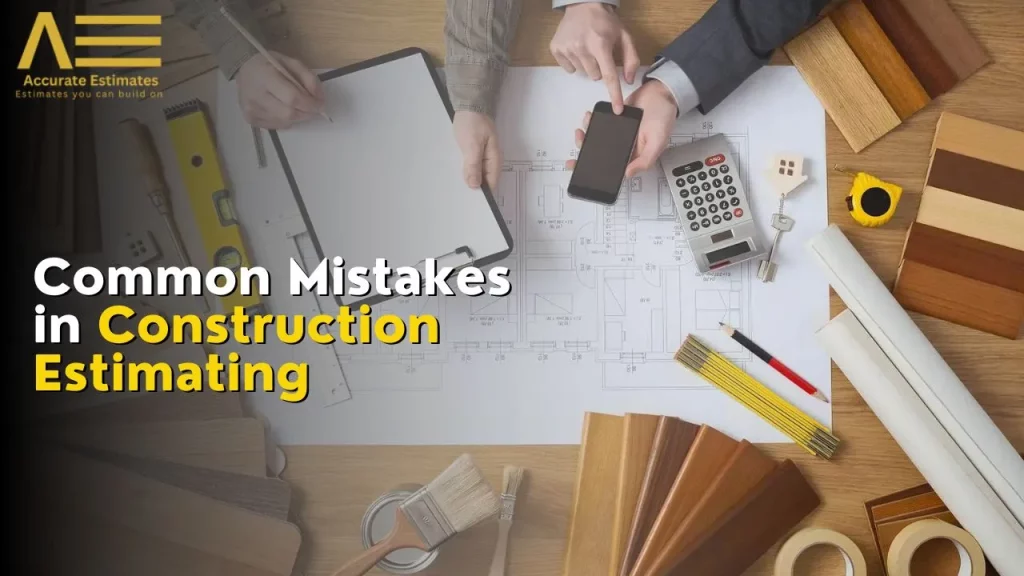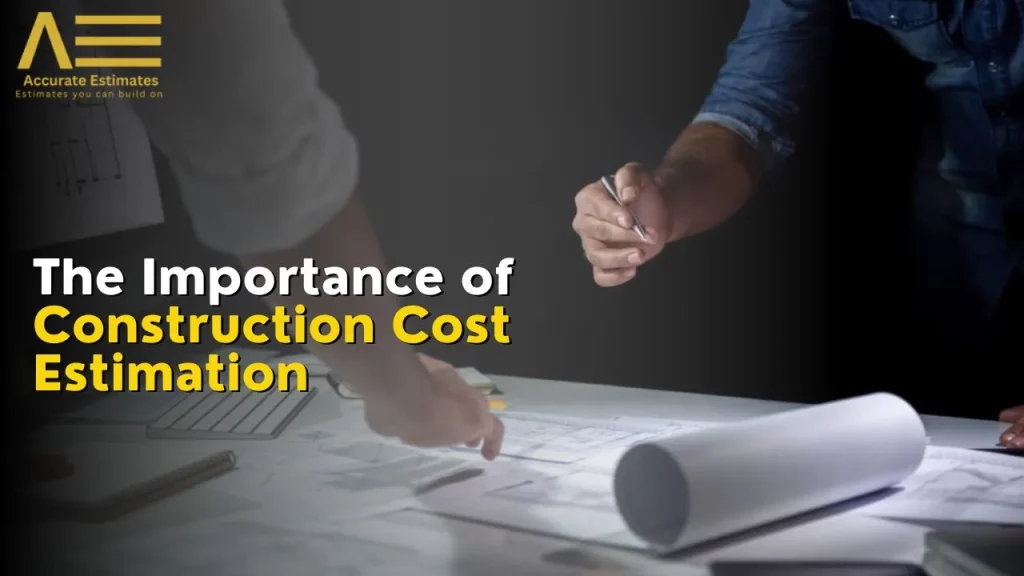How to Estimate Plumbing Costs for New Construction?

Understanding how to accurately price plumbing jobs is essential for plumbers and their clients. Whether you’re just starting in the field or have years of experience, mastering the art of estimating plumbing costs can significantly impact your success in the industry. This comprehensive guide will explore the importance of estimates, different methods for estimating plumbing costs, and critical considerations to ensure profitability and client satisfaction.
Understanding the Project
Before diving into cost estimation, it’s crucial to understand the project’s scope and complexity clearly. The size and design of the building, along with the intricacies of the plumbing system required, significantly influence the overall cost. Taking the time to analyze these factors thoroughly will lay a solid foundation for accurate cost estimation.
Factors Affecting Plumbing Costs:
- The size of the building and the number of plumbing fixtures.
- The complexity of the plumbing system (e.g., multi-story buildings, intricate layouts).
- The type and quality of materials to be used.
- Special features and customizations (e.g., luxury bathrooms, high-end fixtures).
Why are Estimates So Important?
Estimates serve as the foundation for successful plumbing projects and offer numerous benefits:
Budgeting: Accurate estimates clarify potential costs, allowing plumbers and clients to budget effectively for the project ahead.
Facilitates Decision-Making: Detailed estimates enable informed decision-making by comparing the costs and benefits of different plumbing options, ensuring clients get the best value for their money.
Sets Expectations: By outlining the scope of work and associated costs upfront, estimates help set realistic expectations for both parties, minimizing misunderstandings and conflicts later.
Helps with Resource Allocation: Understanding the anticipated costs allows plumbers to allocate resources such as workforce, materials, and time more efficiently, optimizing project management.
Prevents Scope Creep: Clear estimates serve as a reference point to ensure projects stay within their intended scope, minimizing the risk of scope creep and associated delays and costs.
Promotes Transparency: Providing detailed estimates builds client trust, demonstrating transparency and professionalism and fostering positive long-term relationships.
Gathering Information
To initiate the plumbing cost estimation process, gather all relevant information related to the project. This includes obtaining detailed blueprints and construction plans that outline the plumbing layout. Additionally, collect data on material costs and labor rates specific to plumbing work in the project’s location.
Key Information to Gather:
- Detailed blueprints and construction plans.
- Cost data for plumbing materials (e.g., pipes, fittings, fixtures).
- Labor rates for plumbing work in the area.
- Information on any local regulations and permits related to plumbing installations.
Plumbing Cost Estimator Types
There are several methods for estimating plumbing costs, each with its advantages and considerations:
1. Hourly Rate Estimate:
Plumbers calculate their hourly rate based on overhead expenses, desired profit margin, and anticipated hours spent on the job. While hourly rates offer flexibility, they can be less predictable for clients.
2. Flat-rate Estimate:
This method provides clients a fixed cost for the entire job, regardless of the time spent. Flat-rate pricing offers clarity and predictability for clients but requires accurate estimation of job duration by the plumber.
3. Square Foot Estimate:
Suitable for projects where plumbing layout correlates with building size, this method calculates costs based on square footage. Square foot estimates provide upfront pricing for clients but require accurate measurement and assessment of the property.
Flat Rate vs Hourly Rates for Plumbing Jobs
The pricing structure is the main difference between flat and hourly rates. Flat rate pricing offers clients a fixed cost for the job, providing certainty and predictability. In contrast, hourly rates charge clients based on the time spent on the job, offering flexibility but potentially less predictability.
Cost Consideration for Plumbing Estimates
Several factors must be considered when estimating plumbing costs:
- Materials and Supplies: Costs for fixtures, piping, and specialized equipment must be factored into estimates, ensuring accuracy and transparency.
- Additional Labor Costs: Beyond basic labor, factors such as travel time, subcontractor fees, and emergency service charges should be included in estimates to avoid client surprises.
- Permit Costs: For complex jobs requiring permits for compliance with local regulations, permit fees must be factored into estimates to ensure legal compliance and avoid delays.
What to Include in Your Plumbing Estimate
A professional plumbing estimate should include:
- Company information, including name, logo, and contact details, to establish credibility and facilitate communication.
- Detailed project description and scheduling plan, outlining the scope of work and anticipated timeline for completion.
- The validity period of the estimate specifies the timeframe within which the estimate is valid to avoid misunderstandings.
- Payment terms and conditions, including accepted methods of payment, upfront deposits, and payment schedules, to ensure clarity and prevent disputes.
Types of Plumbing Projects
Plumbing projects can vary widely in scope and complexity:
1. Installations:
Installing new plumbing systems in construction or remodeling projects, including setting up pipes, fixtures, and connections to water sources and drainage systems.
2. Repairs:
Addressing issues in existing plumbing systems, such as leaks, clogs, or malfunctions, to restore functionality and prevent further damage.
3. Replacements:
Substituting old or damaged plumbing components with new ones, ranging from individual fixtures like faucets or toilets to entire sections of piping or drainage systems.
4. Plumbing Inspection Cost
Examining plumbing systems is essential for detecting potential problems in advance and avoiding expensive repairs. The price of a plumbing inspection may fluctuate based on elements like the dimensions of the property, its geographical location, and the intricacy of the system.
How Much is it to Redo Plumbing in a House?
Redoing Plumbing in a house is a significant undertaking that can vary widely in cost. Various elements, including the scale of the undertaking, the materials utilized, expenses associated with labor, and unanticipated challenges, may influence the total expenditure involved in renovating the plumbing system within a residential property.
Using a Plumbing Costs Estimator
Modern technology has brought powerful tools that can significantly simplify cost estimation. A Plumbing Cost Estimator can save time and improve accuracy by automating complex calculations.
Types of Cost Estimation Tools:
- Online Plumbing Cost Estimators: Web-based tools that take project details as input and provide cost projections.
- Software-Based Estimators: Advanced software that offers in-depth cost breakdowns and analysis.
Entering Project Details into the Estimator:
- Input the project’s specifications, including building size, plumbing layout, and installation fixtures.
- Include information on the materials to be used and any specific customization required.
Interpreting the Results:
- Review the cost estimation report and understand the breakdown of expenses.
- Identify areas where costs can be optimized without compromising quality.
Estimating Material Costs
Material costs form a substantial portion of the plumbing budget. Careful estimation of required materials is essential to avoid budget overruns and wastage.
Estimating Plumbing Material Costs:
- Pipes and Fittings: Determine the quantity and size of pipes and fittings needed for the plumbing system.
- Fixtures and Appliances: Calculate the cost of sinks, toilets, showers, and other plumbing fixtures.
- Tools and Equipment: Include the cost of specialized tools and equipment required for plumbing installation.
Labor Cost Estimation
Labor costs are another significant component of plumbing cost estimation. Accurate labor cost estimation ensures that the project stays on track and is completed on time.
Estimating Plumbing Labor Costs:
- Determining Man-Hours: Evaluate the amount of labor required for each plumbing task.
- Factoring in Skill Levels and Experience: Experienced plumbers may command higher hourly rates, but their efficiency can lead to cost savings.
Additional Costs
In addition to material and labor expenses, several other costs must be considered during plumbing cost estimation.
Additional Plumbing Costs:
- Excavation and Site Preparation: Expenses related to digging trenches and preparing the site for plumbing installations.
- Waste Disposal and Cleanup: Budget for disposing of construction waste and cleaning up after completing plumbing work.
- Contingency Budgeting: Allocate a portion of the budget for unforeseen circumstances or changes during construction.
Accounting for Local Regulations
Adhering to local building codes and regulations is necessary for compliance and the safety and efficiency of the plumbing system.
Accounting for Compliance Costs:
- Code Compliance and Inspections: Budget for any required inspections and adjustments to meet code requirements.
- Environmental and Safety Standards: Consider additional expenses for eco-friendly plumbing solutions and safety measures.
Getting Quotes from Contractors
Once the initial estimation is complete, obtaining quotes from licensed plumbing contractors is advisable.
Evaluating Quotes and Bids:
- Compare quotes from multiple contractors to get an idea of prevailing market rates.
- Consider the reputation and experience of the contractors when making a selection.
Negotiation Strategies:
- Discuss cost-saving possibilities with the chosen contractor to optimize the budget without compromising quality.
Estimation Services
Engaging Professional Estimation Services can be highly beneficial for large and complex projects.
Benefits of Professional Estimation Services:
- Detailed and Accurate Cost Breakdowns: Construction estimators have the expertise to provide comprehensive cost breakdowns for each aspect of the project.
- Informed Decision-Making: Detailed cost estimations allow for better Cost planning and decision-making.
Choosing the Right Estimation Service Provider:
- Look for experienced and reputable firms with a track record of accurate estimations.
- Check client reviews and testimonials to gauge the quality of their services.
Tips for Cost Optimization
Cost optimization is crucial to ensure the project stays within budget and is financially viable.
Tips to Optimize Plumbing Costs:
- Exploring Alternative Solutions: Consider different plumbing layouts and materials that may save costs.
- Energy-Efficient Plumbing Solutions: Invest in energy-efficient fixtures and appliances to reduce long-term operational costs.
- Bulk Purchasing and Supplier Discounts: Buy plumbing materials in bulk to take advantage of discounts offered by suppliers.
Conclusion
Accurate plumbing estimates are essential for successful project management and client satisfaction. By understanding the importance of estimates, adopting suitable cost estimation methods, and considering key factors such as materials, labor, and permits, plumbers can ensure profitability and deliver exceptional service to their clients. Remember, transparent communication and detailed estimates are the keys to building trust and fostering positive long-term client relationships.


